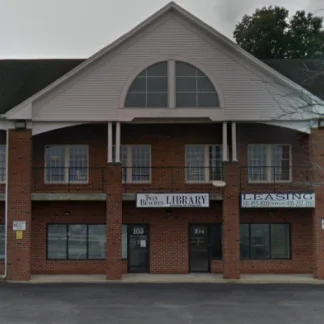Calvert County Behavioral Health Department
Chesapeake Beach, Maryland, 3819 Harbor Road, First Floor, 20732
Available Programs
- Adolescence program
- Adult program
- Elderly program
- Program for men
- Program for women
- Young adult program
Insurance and Financial
- Medicaid
- Self-pay options
- Financial aid
- Private insurance
- Sliding scale payment assistance
About this Facility
Calvert County Behavioral Health Department offers outpatient services for substance abuse and co-occurring disorders to adolescents, young adults and adults. Services include counseling and Medication Assisted Treatment. Calvert County Behavioral Health Department is located at Chesapeake Beach, Maryland.
Services for substance abuse include a comprehensive behavioral health assessment, individual, group and family counseling, urinalysis drug testing and breathalyzer testing, alcohol and other drug use education, intensive outpatient program, Detention Center treatment services, Medication Assisted Treatment (MAT), School based behavioral health services and referrals to inpatient.
They are able to treat adolescents, young adults, adults and individuals with co-occurring disorders. Adolescents services are separated from adults.
Contact us for more information: (410) 286-0547

Contact Calvert County Behavioral Health Department
Connect with Calvert County Behavioral Health Department by calling their admissions team directly.
(410) 286-0547 Website Get Directions